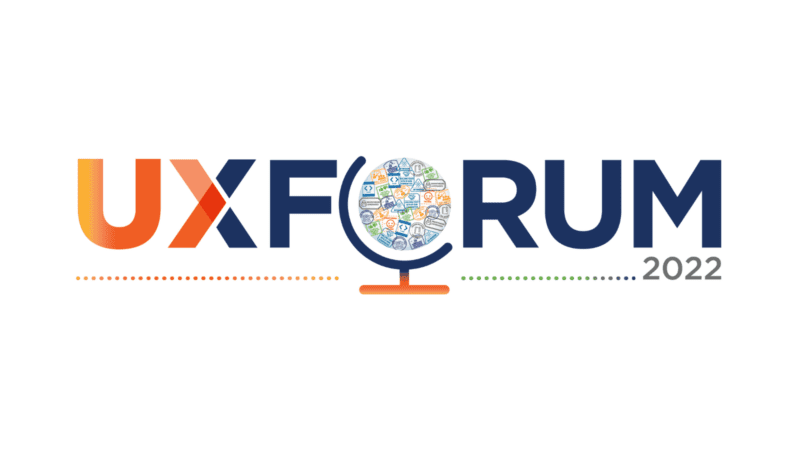During the second day of Internews’ 2022 UXForum we continued exploring human-rights centered design in the open source privacy and security community.
Highlights from Day 02 of the UXForum included:
- A discussion on best practices and challenges when it comes to localizing digital safety tools and resources.
- A panel where leading funders in the Internet Freedom space shared funding priorities, insights about trends in the space, and opportunities for better coordination moving forward.
- Three lightning talks including a firsthand account from a developer on finding and connecting with users, an overview of Tella 2.0 (a mobile app designed to protect human rights defenders, advocates, and journalists by encrypting and hiding their sensitive data and safely uploading it to their organization’s server), and an explanation of how mismatched mental models can lead to confusion for users.
- A wellness session where participants were invited to complete a series of exercises centered around movement and stretching.
- A session to explore community product development and encourage resource building and coordination within the Internet Freedom community.
Key takeaways from the discussions included:
Localization is not a direct translation of a text or tool. The process is often far more complex. Sometimes a word simply does not exist in a language or perhaps you would need an entire sentence or phrase to replace what may be one single word in the original resource. The direction of the text can also complicate the localization process, for instance if localizing from a left-to-right language to a right-to-left language. All of these factors can impact the design or user interface of the resource or tool you are localizing.
One of the main challenges facing open source tools in the Internet Freedom space is the lack of core funding to support long-term maintenance. There are multiple funds available to support the development of new tools or new features, but many tools need core funding to sustain their teams. Core funding would also make it easier for tool teams to prioritize usability and accessibility or build out larger teams which represent the diversity of their userbases.
If a user’s mental model, or understanding of how a tool works, does not match the tool they are using, they can easily get lost or confused. Mismatches in mental models are common in the security space, often as a result of confusing or misleading terminology. The words sometimes signify something different than what is happening in reality. To avoid mismatched mental models, talk to users and try to better understand their expectations and interpretations of security terms and concepts.
Tool teams often lack the required resources to deploy an ideal product development process. Existing funding mechanisms are quite rigid, requiring teams to have a robust plan from the beginning and limiting their ability to implement participatory design or to iterate on ideas throughout the process. Further, many teams lack a long-term business model making it difficult to sustain the tool over time. Even after resources are secured, the availability, skills, and interests of maintainers and contributors may not always match with the priorities of end users.
Check back here for a daily recap of UXForum learnings, and to learn more about Internews’ usability work, visit https://usable.tools/!
